Top 2 Reasons to Use Mouthwash
Ahh! Who doesn’t love having minty fresh, clean breath when you leave the dentist’s office? Many of us want to duplicate the feeling every day. Can incorporating mouthwash in your daily routine help with that? Here are a few thoughts on what mouthwash is designed to do and how you should use it.
When looking at rinse products on the market, they seem to either fall in the Cosmetic or Therapeutic category. Cosmetic mouthwash is used mostly for bad breath. Masking your bad breath can make you feel confident today, but these rinses do not help with the underlying root cause of bad breath, which could be halitosis. Many consumers also look for a mouthwash containing hydrogen peroxide for its teeth-whitening properties.
Therapeutic uses offer a broader range of options. Some mouth rinses offer fluoride to fight tooth decay. Others boast a reduction in plaque and inflammation that can potentially lead to gum disease. Some specifically target canker sores to soothe sore mouths, while others inhibit bacteria growth. Possibly the most used type helps with saliva production, benefitting those with dry mouth issues.
When should I use Mouthwash?
Consumers are often confused about whether to brush or use mouthwash first in their daily dental care routine. There are a couple of ways to approach it. It can depend on which type of mouthwash you are using. Fluoride-containing mouthwash should be used after brushing your teeth. The benefits of fluoride are attained by allowing it to sit on your teeth. When you brush after rinsing, you are washing away all those benefits that fluoride can provide. Also, using water to rinse out your mouth after flushing with your fluoride-rich mouthwash is not a good idea either. You can achieve maximum coverage potential by flossing, brushing and rinsing with mouthwash and simply spitting it out right before going to bed. That way, fluoride has the most amount of time to work its magic.
With any other type of mouthwash, the order you use does not matter. If you prefer to rinse with mouthwash first before brushing, go for it. Loosening those food particles, then flossing and finally brushing can help ensure a clean mouth. On top of that, a simple plain water rinse is a great idea throughout the day, especially after meals, to keep your mouth clear of food particles.
To Use Mouthwash or Not? That is the Question
Mouthwash is a good addition to your oral hygiene routine. However, it should never be a substitute for daily brushing and flossing. Consider mouthwash a beneficial enhancement. When it comes to using mouthwash for bad breath, don’t ignore the symptom. Bad breath issues need to be addressed by a dentist. Causes can range from food particles trapped in your mouth, infected or decaying teeth or other health conditions. The bottom line in determining if mouthwash is right for you depends on your individual situation. If bad breath issues bother you, a certain type of rinse might be beneficial in resolving it. Be sure to discuss any concerns you have about your oral health with your dentist. A dentist can create a personal dental treatment plan that works for you. Regular visits and cleanings with your dentist can help determine your overall oral health and how you can properly maintain it.
This article was originally published in April 2016 and has been recently updated.
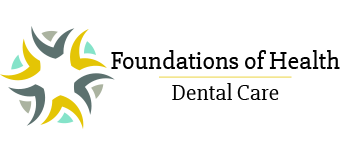
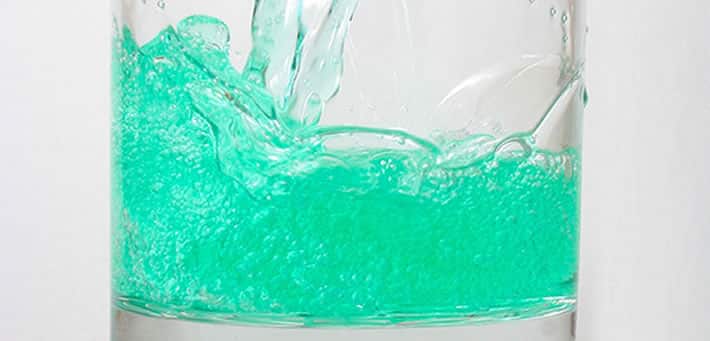
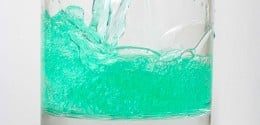

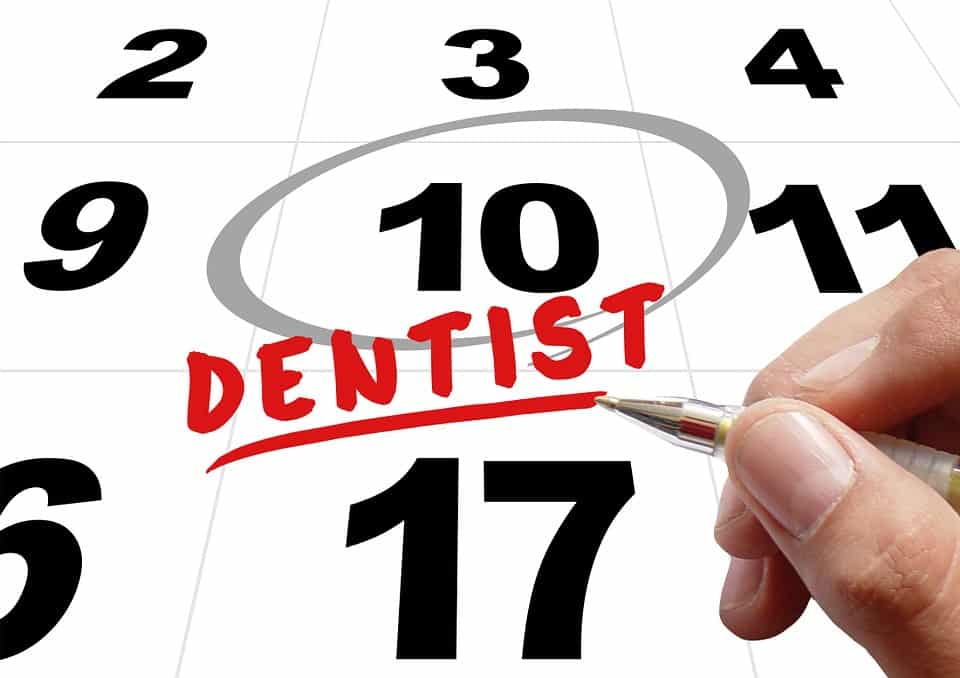
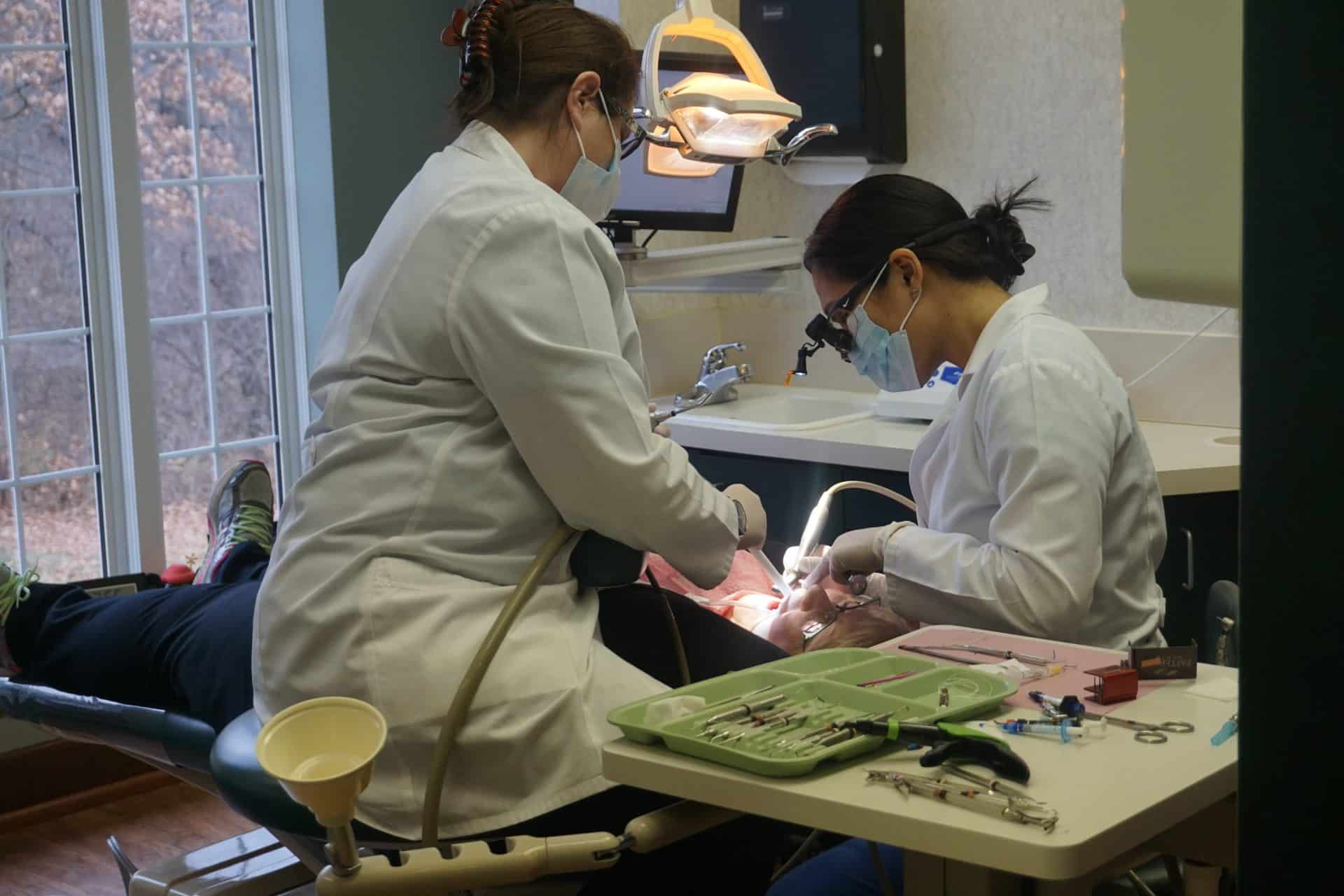





Trackbacks & Pingbacks
[…] – an additional layer of cleaning that can be used daily or […]
Comments are closed.